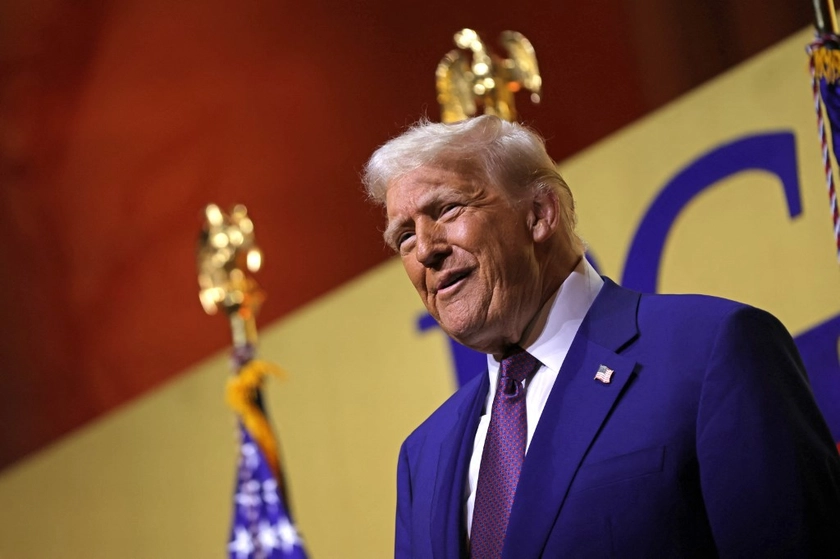The Russian economy is further weakening due to falling oil prices, budget constraints, and rising corporate debt. This showed internal Russian government documents analyzed by Reuters.
Reports from the Ministry of Economy and the Central Bank of Russia warn of the threat of a recession. Experts say that economic slowdown may develop faster than inflation reduction, which remains at 10%, Reuters wrote.
JOIN US ON TELEGRAM
Follow our coverage of the war on the @Kyivpost_official.
The key issue is high interest rates. They are expected to stay at 21%, limiting lending and investment, which could slow Russia’s GDP growth in the coming years, Reuters reported.
Another threat is the potential increase in oil production in the US and countries in the Organization of the Petroleum Exporting Countries (OPEC). According to Reuters, If supply rises, oil prices may fall further, putting additional pressure on Russia’s budget revenues.
Russia’s Ministry of Economy forecasts a sharp rise in corporate expenses. In 2025, they could grow by 14.8 trillion rubles (almost $162 billion) – almost half the volume of private investments in fixed capital last year, the media outlet reported.
Due to weak demand, businesses may struggle to pass these costs onto consumers, affecting their financial stability, Reuters wrote.
According to Reutersʼ data, the Russian government is trying to cover expenses through the National Wealth Fund, which was designed to support the country’s budget and economy in times of crisis.

Trump Gives Europe 3 Weeks to Accept Ukraine’s ‘Surrender,’ Says European Lawmaker
However, its liquid assets have dropped to a third – from $112.7 billion to $37.5 billion. The Russian Central Bank says that the fund’s resources are insufficient for long-term deficit coverage.
Russia’s economic situation is further complicated by a labor shortage, a weak national currency, and high interest rates. Washington officials have said they view the drop in energy prices as a tool to pressure Moscow, pushing President Vladimir Putin toward ending the war in Ukraine, Reuters wrote.
Russia’s stock market surged on Feb 13,. following US President Donald Trump’s announcement that he and Putin had agreed to begin ceasefire negotiations in Ukraine.
Russia’s economy has grown through military spending and energy exports after a slight decline in 2022, despite Western sanctions in response to Russiaʼs full-scale war in Ukraine, Reuters reported.
However, analysts predict that systemic issues in Russiaʼs economy can cause an even deeper crisis, the media outlet wrote.
Moreover, official data can also undergo falsification. Russia’s inflation may be twice as high as its official figures, Kyiv Post wrote in January, with reference to an article by Ilya Neskhodovskyi, an economics expert at the Non-Governmental Organization “National Interest Advocacy Network “ANTS.”
Earlier in autumn 2024, the International Monetary Fund (IMF) also reported that Russia’s economy is overheating.
Despite the 3.6% real gross domestic product (GDP) growth the IMF projects for Russia in 2024, the long-term economic prospects are constrained by high demand that local production and imports are unable to meet, Kyiv Post previously reported.
“What we are seeing right now in the Russian economy and debt: It is pushing against capacity constraints,” Director of the European Department of the International Monetary Fund (IMF) Alfred Kammer said in Washington, D.C. during the October 2024 Annual Meetings.
“We have a positive output gap, or you could put it differently – the Russian economy is overheating,” Kammer added.
You can also highlight the text and press Ctrl + Enter











